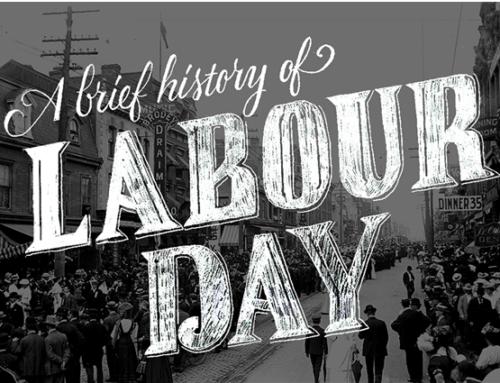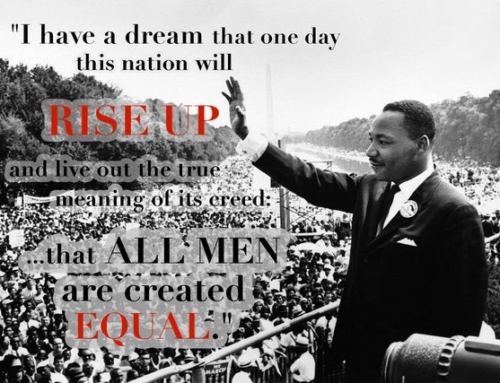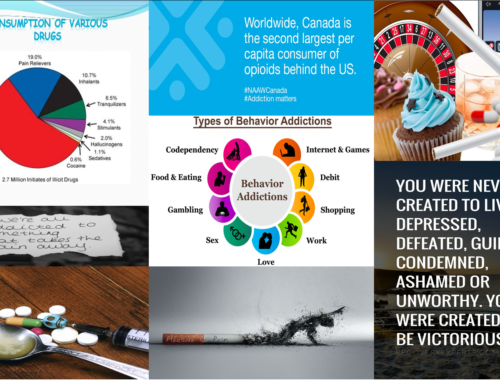You may have heard people talking about soft skills and hard skills and wondered what exactly they were talking about. Some people assume that soft skills are easy and hard skills are challenging; however, that assumption—while a good guess—is not quite true. The difference between soft skills and hard skills is that soft skills are innate while hard skills are learned.
Soft skills are skills you exercise in everyday life: your interpersonal skills, how you conduct yourself, and how you express yourself. Interpersonal skills may include how you get along with others, how you work through conflict, how well you listen, and your ability to empathise. How do you conduct yourself? Are you punctual? Do you have good time management? Are you well organized? Are you patient? Are you persuasive? These qualities would also be considered soft skills. Furthermore, how you express yourself also showcases soft skills such as ability to be creative, working with your hands, or contentment speaking in front of a crowd.
Hard skills, on the other hand, are skills you learn and practice for betterment; for example, hard skills may include learned computer programs and software, machine operation, statistical analysis, writing, or typing. Typically, hard skills are more technical and require you to learn them on the job, in school, or in a coaching capacity.
But which holds more weight in an interview, you ask? Well, if you state on your resume that you have a set of established hard skills, you will definitely capture the attention of the employer immediately, especially if you list evidence to support your alleged hard skills. However, once you reach the interview, your soft skills are what will entice the employer to hire you, or not. Your soft skills will reveal how you will fit within the organization’s culture and whether or not you are likeable. Hard skills can be strengthened and perfected, but it is much more challenging to help someone strengthen or alter their soft skills. Thus, in a day and age where time is money, the employer will likely put more weight on your soft skills than on your hard skills. The employer can teach you the technical skills, but they cannot make you a likeable, contributing, motivated team member—that’s up to you.

















